The EU is in the process of picking its next Commission president: the leader of the EU’s executive. The replacement for Jean-Claude Juncker will have to be approved by both member states and the European parliament.
While one of the names being talked about will be familiar to those following Brexit, the three other front runners are less well-known in Britain:
The inspiration for a TV drama
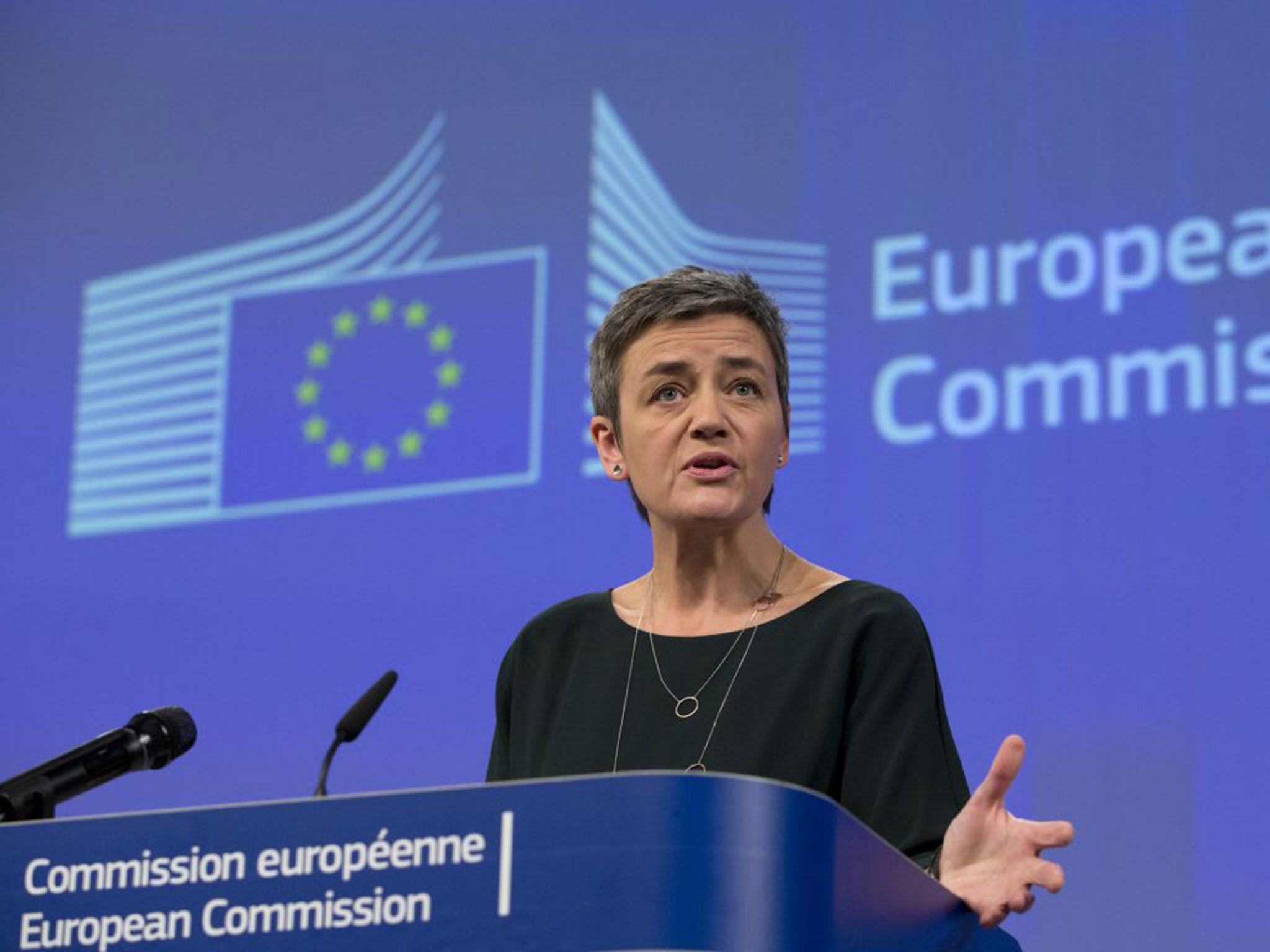
Margrethe Vestager was the inspiration for the main character in Danish TV political drama Borgen – so there’s no doubt she would bring a bit of star power to the role. She’s the liberals’ candidate for the presidency, with the backing of Guy Verhofstadt – with Emmanuel Macron also naming her a possible rider.
There’s never been a woman EU commission president, so Vestager would be the first – a former leader of the Danish Social Liberal party, an economy minister, and a competition commissioner, she has an impressive CV for the role.
With the Danish social liberal party out of government, she may not be able to enjoy the fulsome backing from her home state that some other candidates can enjoy – sometimes a key fact at European Council meetings. But don’t rule her out.
The Brexit negotiator
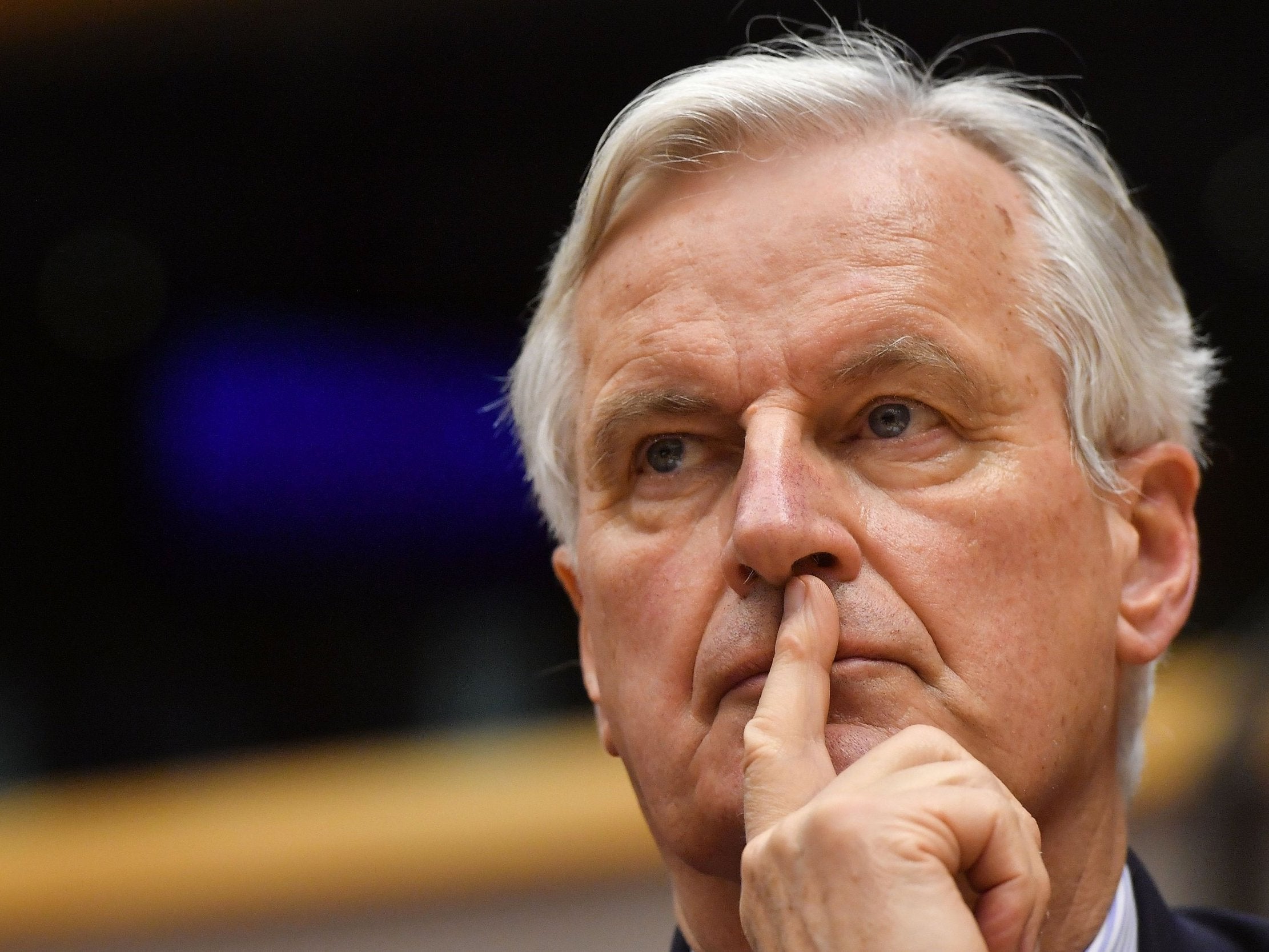
Michel Barnier is the best known in Britain as the chief Brexit negotiator of the European Commission. But he’s also been spending a lot of time recently effectively campaigning for the top job.
As a Frenchman who hails in Angela Merkel’s political group, Barnier could be the compromise candidate to end the Franco-German tiff. He also has a high profile because of Brexit.
He has government experience, and knows the ropes in Brussels: a former agriculture minister and EU Commissioner for the internal market.
With the EU insistent that it’ll never reopen Brexit negotiations on the withdrawal agreement, Barnier’s job is basically done and he’s looking for a new challenge. Could that be leading the Commission?
The gay conversion therapy defender
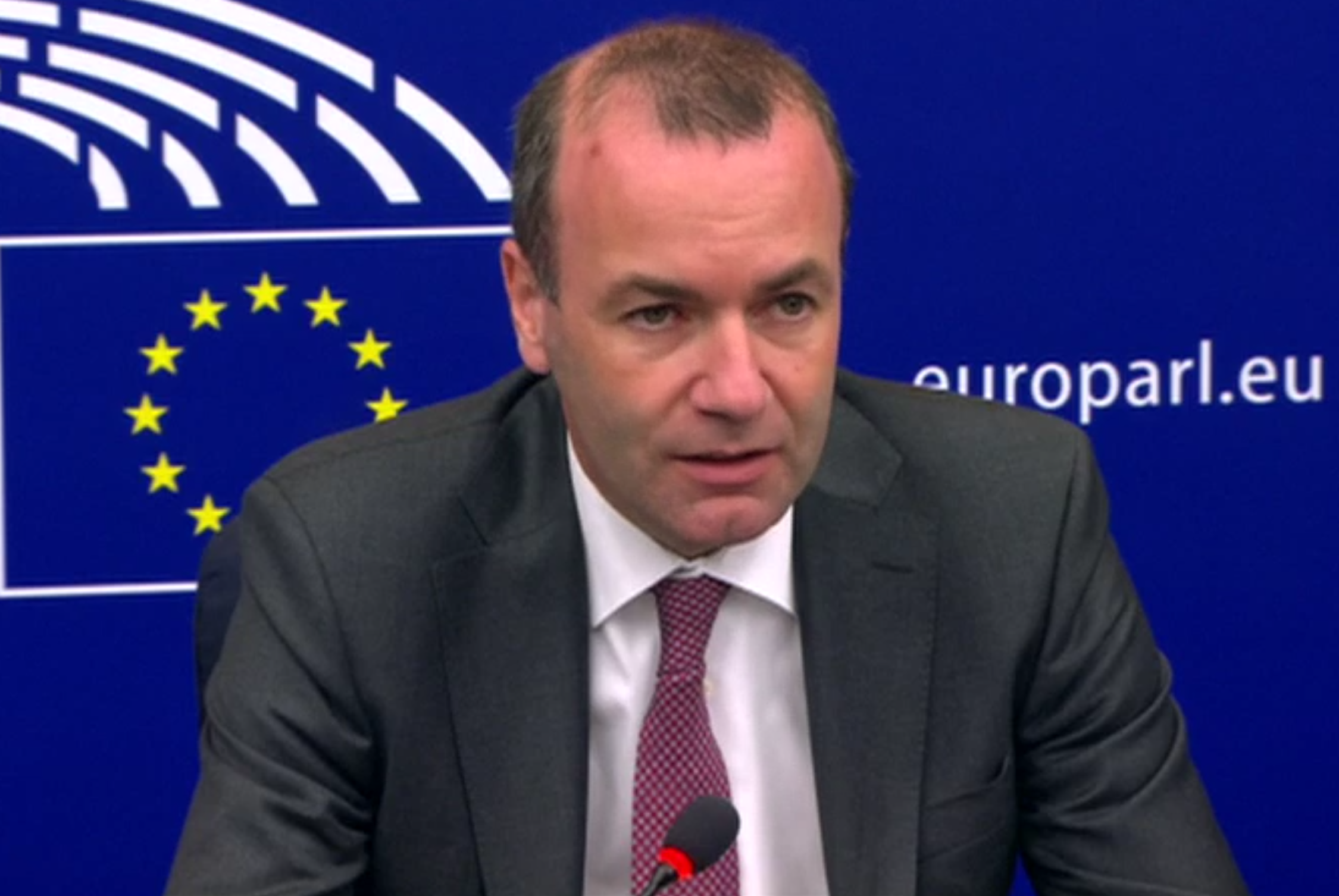
In March last year Manfred Weber voted against banning gay conversion therapy, unlike most of the MEPs in his party. But it clearly wasn’t a major issue for the European centre-right, because they made him their lead candidate going into the elections.
Weber’s party won the European elections, so according to some people he should be the automatic next Commission president. He has Angela Merkel’s public backing
But he’s provoked opposition on the basis that he’s never held a government position; he’s instead been in Brussels and Strasbourg serving as a senior MEP.
The fact he is so close to Germany’s ruling party (he is a member) could also be an issue, in a union that is constantly wary of German domination. His chief critic is Emmanuel Macron, who publicly suggested he might not have the skills to be Commission president.
The Cold War POW interrogator
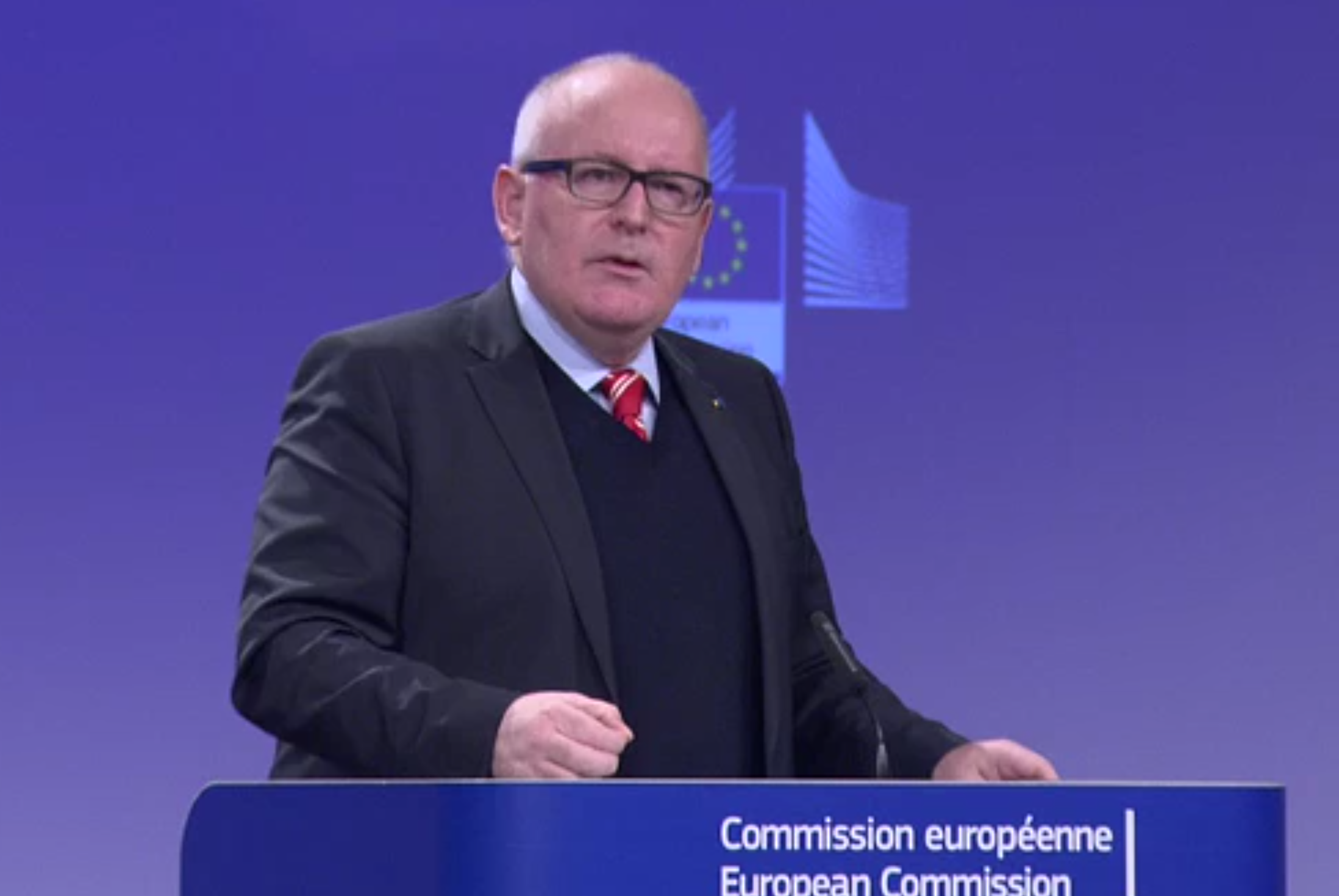
Frans Timmermans was once a conscript in the Dutch army charged with interrogating Russian prisoners of war – today he’s the centre-left’s candidate for the Commission presidency.
His group didn’t top last month’s poll, but with no party having an overall majority, a ‘progressive alliance’ could give him a chance in the European parliament leg of the contest.
Out of all the candidates, he has the most developed and distinctive programme: he wants an EU minimum wage, for instance, and a more developed social Europe.
Currently Juncker’s deputy as first vice president, Timmermans knows the Commission inside-out, but he also has government experience: he was a foreign minister for the Netherlands’. Still stands a chance.
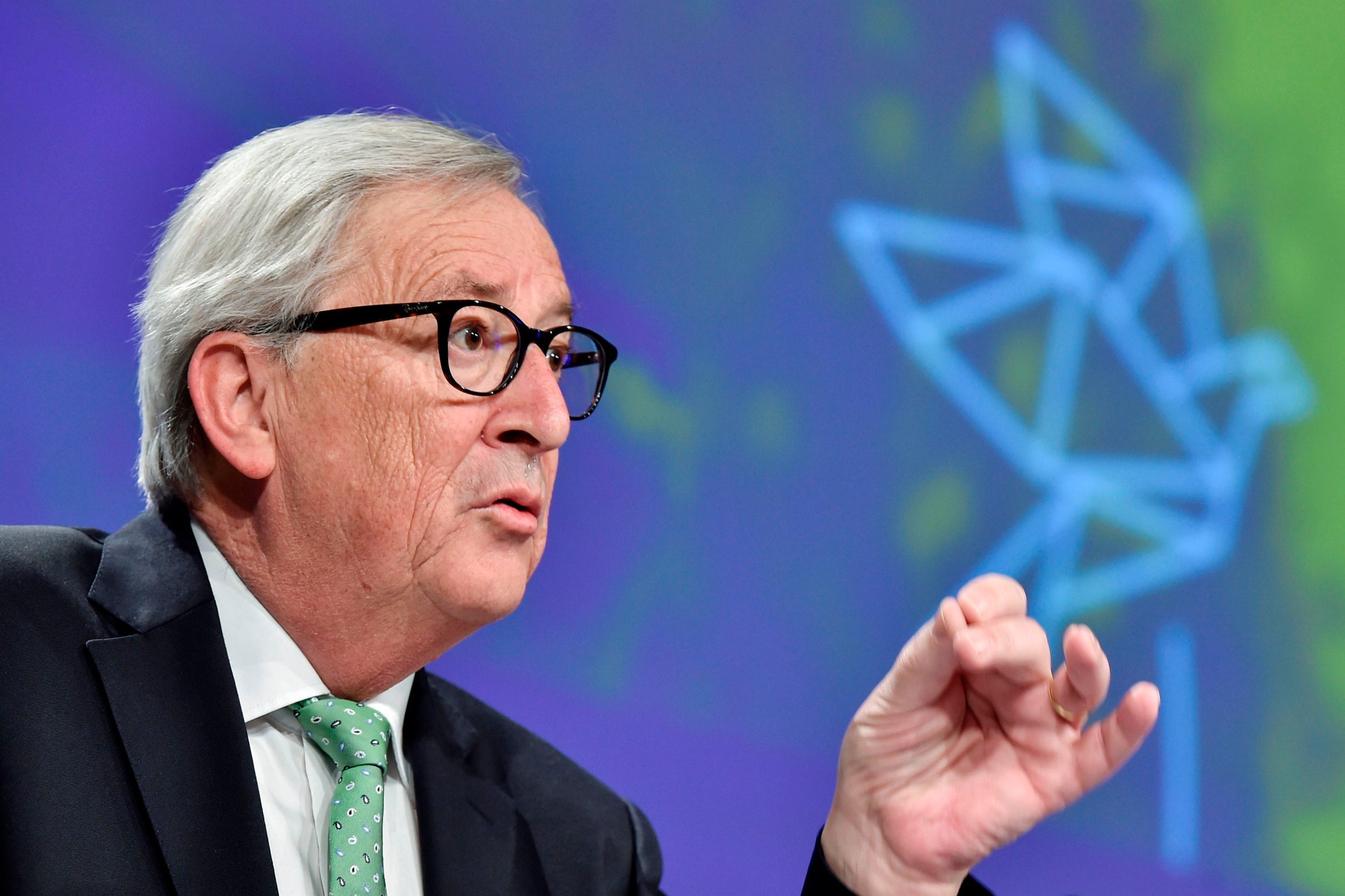
Join our commenting forum
Join thought-provoking conversations, follow other Independent readers and see their replies
Comments